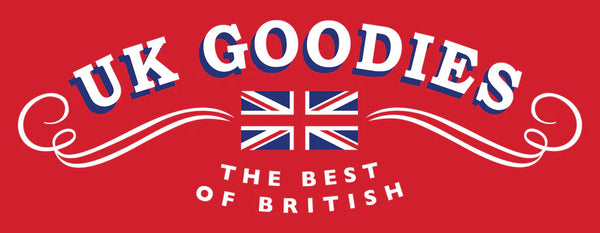
Burns Night - What is a traditional supper?
Share
What is Burns Night?
Burns Night is an annual tribute to the Scottish poet, Robert Burns. It was originally organised by his close friends and family after he died as a memorial, but it is now a country wide event that people hold themselves, with traditional Scottish food, music and Burn’s works. Burns Night is 25th January, the poet's birthday.
Who is Robert Burns?
The poet, also known as Rabbie Burns, is famous for his creative literary works and wrote more than 550 poems and songs before his death in 1796, at the age of 37 after suffering from rheumatic fever. His works strongly focused on political issues that he passionately cared about, which made him an iconic Scot, standing for his liberal views.

What is a Burns Supper?
Burns suppers are most common in Scotland and Northern Ireland, however, there is a particularly strong tradition of them in Dunedin where Burns’ nephew, Thomas Burns, was a founding father.
The supper starts with the guests being piped in. After the hosts’ speech guests are then seated and grace is said, usually using the Selkirk Grace, a well-known thanksgiving said before meals using the Scots language. Everyone stands as the main course is brought in. This is always a haggis on a large dish. It is usually brought in by the cook, generally while a piper plays bagpipes and leads the way to the host's table, where the haggis is laid down.
The music stops and the honoured reader offers their rendition of To a Haggis (see below) Haggis is a savoury pudding containing sheep's pluck (heart, liver and lungs); minced with onion, oatmeal, suet, spices, and salt, mixed with stock, traditionally encased in the animal's stomach, though now often in an artificial casing instead.
Address to a Haggis
Fair fa' your honest, sonsie face,
Great chieftain o' the pudding-race!
Aboon them a' ye tak your place,
Painch, tripe, or thairm :
Weel are ye wordy o'a grace
As lang's my arm.
The groaning trencher there ye fill,
Your hurdies like a distant hill,
Your pin wad help to mend a mill
In time o'need,
While thro' your pores the dews distil
Like amber bead.
His knife see rustic Labour dight,
An' cut you up wi' ready sleight,
Trenching your gushing entrails bright,
Like ony ditch;
And then, O what a glorious sight,
Warm-reekin', rich!
Then, horn for horn, they stretch an' strive:
Deil tak the hindmost! on they drive,
Till a' their weel-swall'd kytes belyve
Are bent like drums;
Then auld Guidman, maist like to rive,
Bethankit! hums.
Is there that owre his French ragout
Or olio that wad staw a sow,
Or fricassee wad make her spew
Wi' perfect sconner,
Looks down wi' sneering, scornfu' view
On sic a dinner?
Poor devil! see him owre his trash,
As feckless as wither'd rash,
His spindle shank, a guid whip-lash;
His nieve a nit;
Thro' bloody flood or field to dash,
O how unfit!
But mark the Rustic, haggis-fed,
The trembling earth resounds his tread.
Clap in his walie nieve a blade,
He'll mak it whissle;
An' legs an' arms, an' heads will sned,
Like taps o' thrissle.
Ye Pow'rs, wha mak mankind your care,
And dish them out their bill o' fare,
Auld Scotland wants nae skinking ware
That jaups in luggies;
But, if ye wish her gratefu' prayer
Gie her a haggis!
